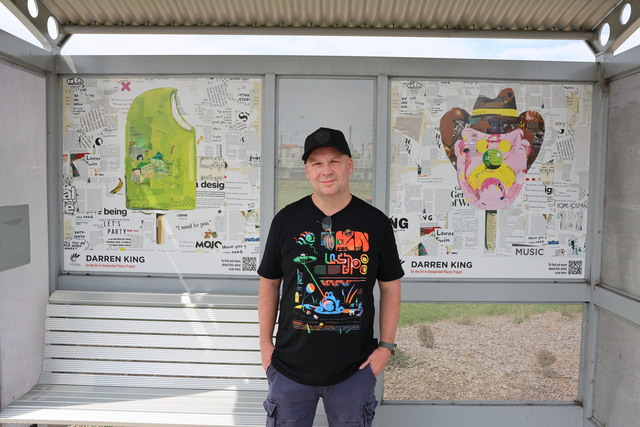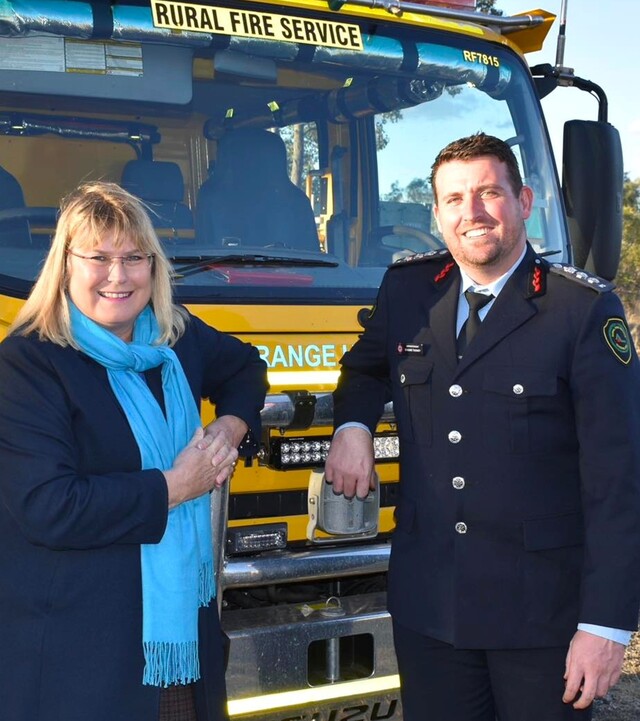Last month Local Government Focus featured a story on local government amalgamations in New South Wales. This month we feature competing opinions on similar amalgamations facing Western Australia.
$100 million cost to split
Significant adverse community-wide financial impacts will result if the State Government’s proposal to carve up the City of Cockburn proceeds, according to a detailed, independent economic study released.
The study by the AEC Group also examines and validates the impacts from an alternative local government reform proposal put forward by the Cockburn community that seeks to unite Cockburn and the City of Kwinana into a bigger, stronger city and preserve the City of Cockburn’s current capabilities.
The AEC Group is a Queensland based international company specialising in economic modelling and local government financial sustainability.
The AEC Group study concludes the State Government proposal represents a “high risk approach which introduces significant additional complexity, challenges and uncertainty”, while the Cockburn Community Proposal is ‘simpler … and less disruptive’.
The study shows that The State Government proposal will cost nearly $100 million to implement compared to $24.3 million for the Cockburn Community’s Proposal.
The study also confirms claims of stranded assets and disruption to services in the State Government’s proposal.
The City of Fremantle, rated as having “vulnerable” finances in 2012, is less sustainable under the State Government proposal than it is under the Community Proposal because it ends up with less revenue to assets coverage.
There will also be a $43 million impact on the current Developer Contribution Scheme that supports hundreds of millions of dollars worth of future development in the Cockburn region.
There will be a significant impact on statutory planning processes across the Cockburn region that will have a substantial economic impact, and result in ratepayers getting a better deal under a Cockburn-Kwinana merger according to the study.
The AEC Group study finds that the disaggregation of local governments is disruptive, high risk and costly for staff, communities and business.
The study confirms that the similar economic structures of Cockburn and Kwinana ensure a focus on delivering good economic outcomes for the region. This includes reducing congestion in the region to improve industry and business productivity.
Geoffrey Sach, representing the Community Steering Group, said the study clearly validated the Cockburn Community Proposal as the better option for local government reform, not just for Cockburn but also its neighbours in Kwinana, Fremantle and Melville.
“We strongly urge the State Government to read this report from cover to cover as it is the most detailed and up to date economic study conducted by anyone during the current Proposals period. We encourage the State Government and other Local Governments to put forward their financial figures for the cost of local government reform so that there can be a fully informed debate on this important issue.”
The economic study was formally presented by the Cockburn Community Steering Group meeting to the City of Cockburn. The Community Steering Group has also briefed the Minister for Local Government on the key findings of the study and provided him with a copy.
A copy of the study will also be formally presented to the Local Government Advisory Board for consideration as part of its report into local government reform.
A copy of the study will be published on the City of Cockburn website www.cockburn.wa.gov.au
Claims of $100m merger cost ‘absurd’
Claims by Cockburn Council that a single local government merger plan will cost $100m have been refuted by the Cities of Fremantle, Melville and Kwinana, who say the figure is a gross exaggeration.
The three cities say the incorrect claim is based almost entirely on apparent “accommodation costs” which will not be needed as existing facilities would be more than sufficient.
The report states that, under the State Government’s plan, close to $90m would be needed for “accommodation”; $60m to build new council offices and $30m for a new Cockburn depot.
Kwinana Mayor Carol Adams said the claims were “misleading and completely fictitious”.
“It’s a nice attempt to further confuse the issue, but when you read into their argument, it’s entirely based on this fictional need for new offices – when no such need exists,” she said.
“We’ve reviewed the accommodation requirements of the Minister’s proposal and we can confirm without hesitation, that the Cities of Kwinana, Fremantle and Melville can accommodate all staff and equipment without the need to fund new centres.
Fremantle Mayor Brad Pettitt agreed.
“The City of Fremantle has ample accommodation for staff at our existing facilities,” he said.
“As part of the broader $220m Kings Square development in Fremantle a new council administration building has been earmarked, but this is completely independent of the reform process and fully-funded under our existing structure.”
City of Melville Mayor Russell Aubrey also hit out at claims that residents would miss out on projects funded through developer contributions.
“We have direct advice from the Department of Planning that regardless of the final outcome of council reform, projects earmarked through developer contribution schemes could continue undisturbed,” he said.
The three cities also raised concern over the Cockburn Council’s use of ratepayer money to fund the Community Steering Group, something which they say is simply a front for the Council.
Mayor Adams said there were common concerns throughout the local government community in regards to the tactics being implemented.
“For example, this steering group is not a genuine voice of the community – it’s funded by the Cockburn Council, it’s facilitated by the Cockburn Council and funnily enough, its sole purpose is to protect the interests of the Cockburn Council.”
Mayor Adams also said the additional claim of up to 800 job losses, almost the entire City of Cockburn workforce, was irresponsible, baseless and ‘scaremongering at its worst’.
The Minister for Local Government is expected to announce final plans for reform later this year, following the Local Government Advisory Board’s formal inquiry process.







